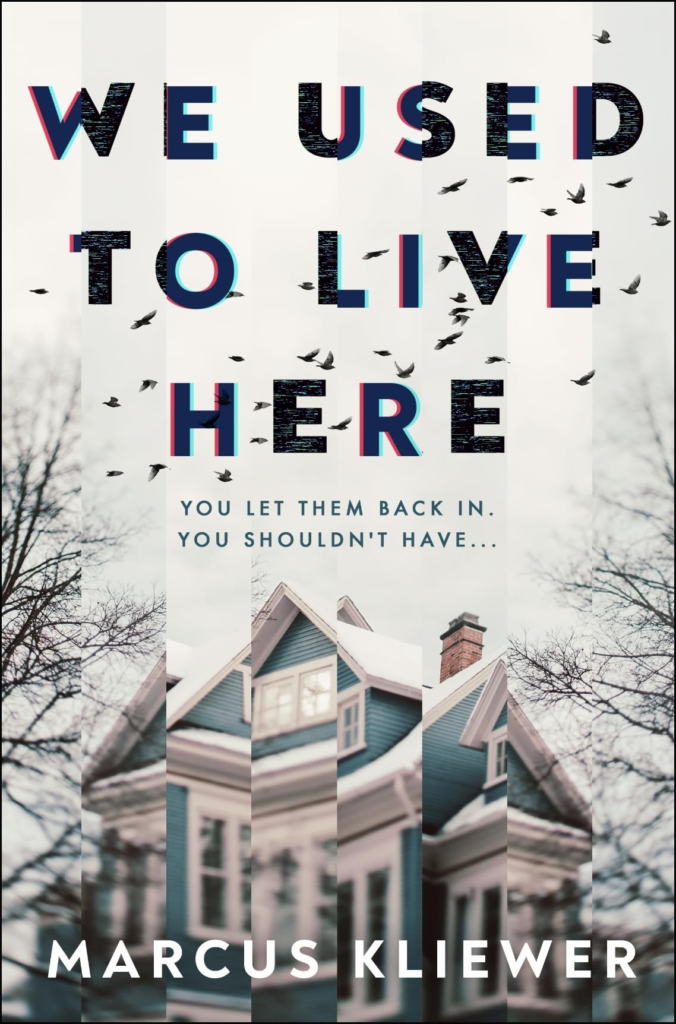The Lingering Ghosts of “We Used to Live Here”: Memory, Loss, and the Haunting Power of Place

Marcus Kliewer’s “We Used to Live Here” is a haunting exploration of memory, loss, and the indelible mark that places leave on our lives. More than a simple ghost story, the novel delves into the complex ways we connect with our past, how trauma shapes our perception of reality, and the enduring power of love and connection in the face of profound grief. Through the fragmented memories of its protagonist, the story weaves a tapestry of suspense, emotional vulnerability, and the lingering presence of the unseen.
A House of Whispers: Setting as Character
The dilapidated house at the center of the narrative isn’t merely a backdrop; it’s a character in itself. Kliewer masterfully uses the setting to evoke a sense of unease and dread. The decaying structure, filled with shadows and echoes, mirrors the fragmented state of the protagonist’s mind. The house becomes a repository of memories, both cherished and traumatic, clinging to its walls like dust and cobwebs. It’s a place where the past refuses to stay buried, constantly seeping into the present.
The Fragile Fabric of Memory
The novel’s strength lies in its exploration of memory’s fallibility. The protagonist’s recollections are fragmented, distorted by time and trauma. As they navigate the haunted house, memories resurface in disjointed pieces, like shards of broken glass. This fragmented narrative structure mirrors the way our minds often process traumatic events, highlighting the subjective and unreliable nature of memory. Kliewer skillfully uses this technique to create a sense of mystery and suspense, keeping the reader guessing until the very end.
Grief and the Unseen
“We Used to Live Here” grapples with the profound impact of grief. The story hints at a past tragedy, a loss that has shattered the protagonist’s world. The presence of the unseen, the suggestion of something lurking just beyond the veil of perception, becomes a metaphor for the lingering presence of grief. It’s a constant, unseen force that shapes the protagonist’s actions and colors their experience of the house.
Beyond the Supernatural: A Story of Human Connection
While the novel flirts with the supernatural, it ultimately grounds itself in the very human experiences of loss, grief, and the struggle to find meaning in the aftermath of trauma. The story emphasizes the importance of human connection, even in the face of unimaginable pain. The protagonist’s interactions with others, both living and dead, highlight the enduring power of love and the need for connection in overcoming adversity.
A Lingering Resonance
“We Used to Live Here” is not a typical horror novel. It’s a more nuanced and emotionally resonant story that explores the haunting power of the past. Kliewer’s evocative prose and masterful use of atmosphere create a sense of unease that lingers long after the final page is turned. The novel’s exploration of memory, loss, and the enduring strength of the human spirit makes it a compelling and thought-provoking read, a testament to the enduring power of place and the ghosts that reside within us all.




















